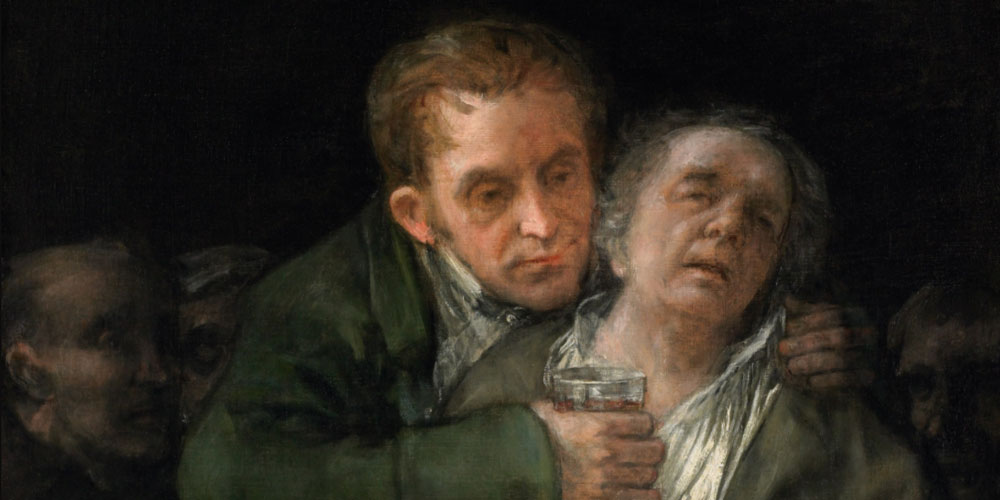
Watch the inversion from their responsibility to care for you to your responsibility to die for them.
In recent conversation with Tim Ferriss, Canadian writer-explorer Wade Davis took a slight detour to speak of the community benefits of Canada’s socialized healthcare system:
It has everything to do with social solidarity. It has everything to do with every Canadian knowing that they belong, and knowing that if their kid gets sick, they will get exactly, and I tell you, it is exactly, the same care as any other Canadian, including the Prime Minister. Yes, I sometimes have to wait for medical service in Canada, but everyone does, but no one is left behind. And that is one of the reasons that we have a less highly charged society, why we seem to get along better.
At the same time, Rod Dreher observes this of Canadian healthcare:
… the state and the medical profession are rapidly creating a culture in Canada in which people who cannot care for themselves will be pushed to commit suicide so as not to be a burden on others — in part because the healthy and the financially well off will have been conditioned to think that they have no obligation out of sheer human decency to help those who are suffering. Remember, the concept of “soft totalitarianism” that I talk about in Live Not By Lies is a totalitarianism that takes root because of a population’s unwillingness to suffer pain and anxiety. We see in Canada that the state and other institutions captured by progressive ideology are teaching Canadians to internalize an ideology that tells them that some lives are unworthy of life, and should be ended “beautifully” by the system.
For our purpose, here, let’s not focus on the practical reality of whether Davis’s testimony is correct and, instead, focus on the socialist belief, whether true or not. A shared government system, the thinking goes, provides “equitable” care to all. Sure, the privileged must sacrifice on behalf of this levelling, but they are rewarded with life in a friendlier, more-communal society.
Yet, people remain human and self-interested. If you feel that you’ve been tolerating a lower degree of service for the benefit of others, you may resent those who waste your shared resources to prolong, as Dreher puts it, a “life unworthy of life.”
Notably, Dreher takes that phrase from a Nazi principle, which dovetails with his characterization of euthanasia as evidence of “the re-paganization of a once-Christian civilization.” He points out that, in ancient Rome, early Christians would rescue unwanted babies whose parents had left them outside to die of exposure. Indeed, perhaps the most significant practical (as distinct from theological) attribute of Christianity, producing all that followed, was the idea that every person matters as a being in relationship with God.
These days, unwanted children are aborted, rather than left to die. While that may be more humane, in a sense, it also comes with the assumption that their lives are not worthy of life because their parents do not wish to care for them. The poor, disabled, and merely unhappy are now receiving the message that the caretaker collective has reached the same conclusion.
When government is tasked with maintaining social solidarity and possesses the means to kill nicely, citizens may feel as if their community is more tightly knit, but with a sharper edge. Move beyond that people aren’t “left behind,” but their encouraged to suppress the highly charged desire for life and drop out of life with a smile.
Featured image by Francisco Goya on WikiArt.
